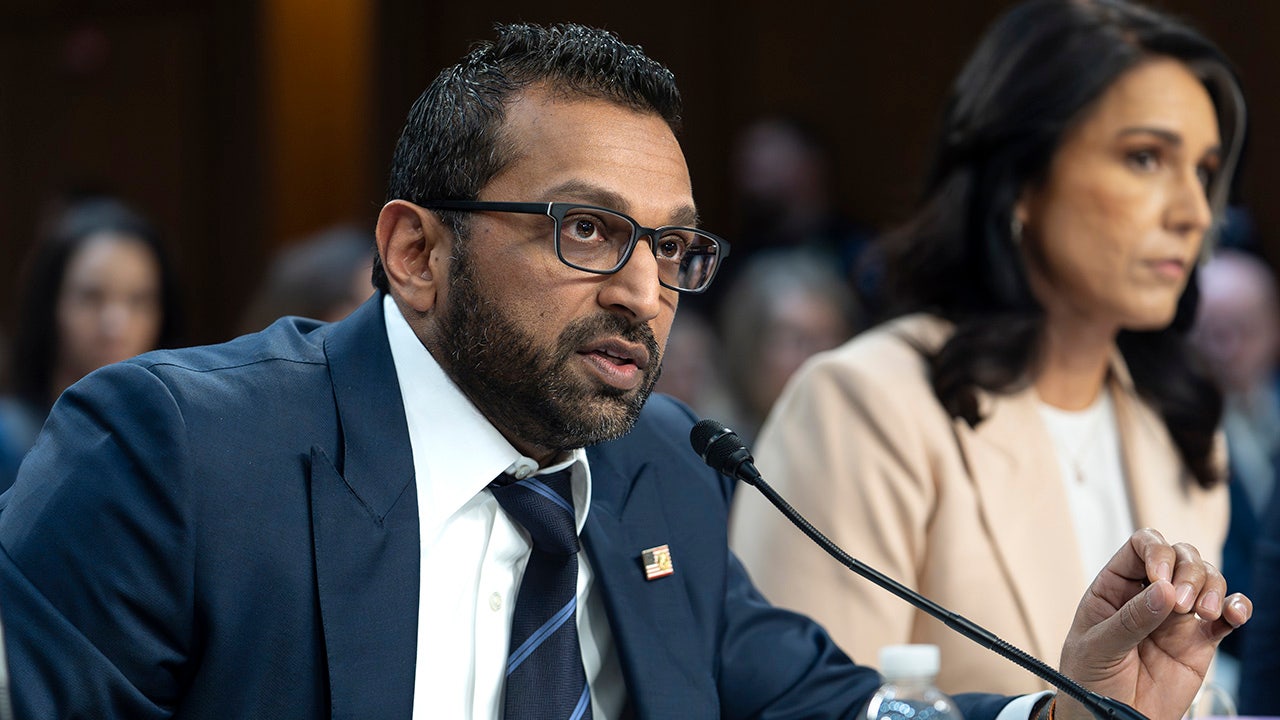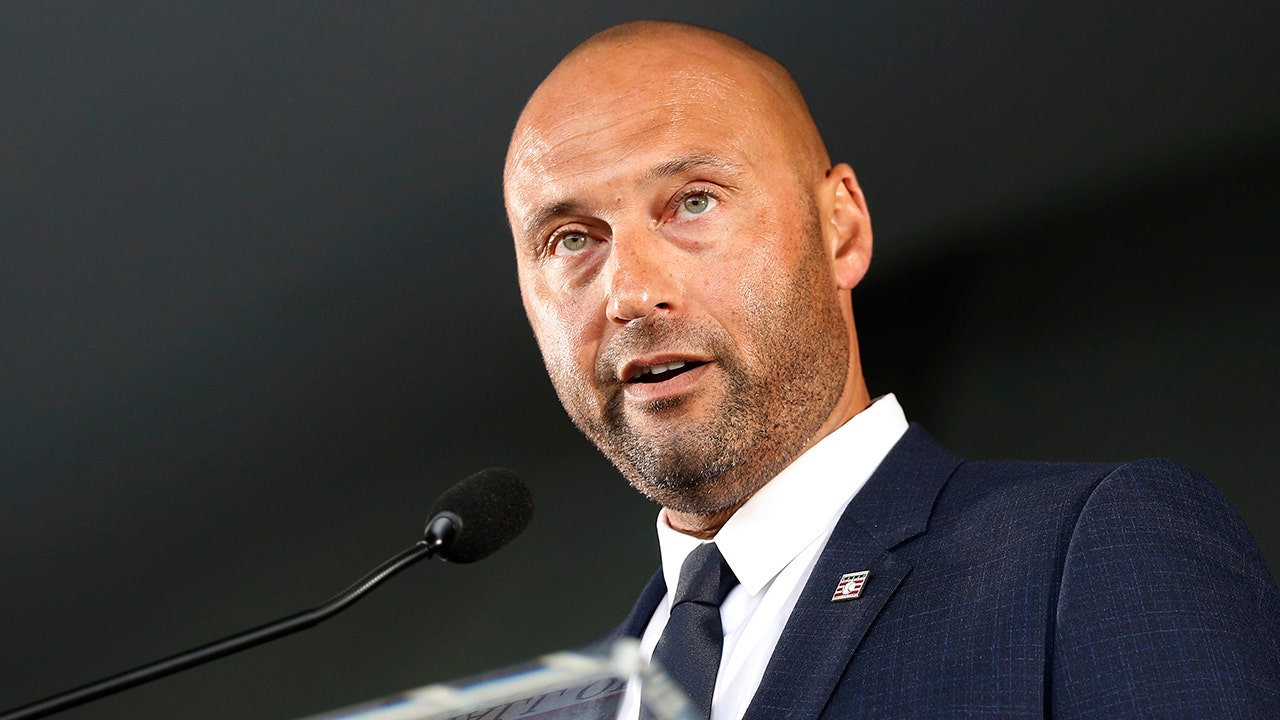John Csiszar
Wed, May 14, 2025, 7:01 AM 4 min read
If you’re nearing the end of your career and you either lose or leave your job, you’ll have to face an important decision: is it better to retire or to seek another job? The answer may not be obvious, and the right choice will vary from person to person.
Read More: 4 Things You Should Do if You Want To Retire Early
Check Out: 3 Reasons Retired Boomers Shouldn't Give Their Kids a Living Inheritance
If you find yourself in this position, here are some of the signs that would suggest it’s better to retire than seek another job.
The most obvious indication that retirement might trump job-hunting is if you’re financially secure. By the time you approach retirement age, you likely have a variety of potential income sources, from Social Security and a pension or 401(k) plan to an IRA and individual savings.
If even under the worst-case scenario you’ll have enough income to fund a long lifetime, there isn’t much financial incentive to continue working. Just bear in mind that a multi-decade retirement can be filled with financial surprises, from healthcare costs to rising inflation to falling interest rates, which could cut your income significantly if you’re relying on fixed-income investments.
Consider This: What $1 Million in Retirement Savings Looks Like in Monthly Spending
If you find yourself in poor or declining health, working another job might actually make things worse. Retirement can do wonders for mental and physical health, reducing stressors and allowing you to focus on your well-being. If you have a serious or terminal illness, you might prefer spending the last chapter of your life retired rather than having to spend the bulk of your time at work.
An exception might be if you can find a job that offers excellent healthcare that covers pre-existing conditions. In this case, having to work might be the preferred or even necessary path to pay for the care that you need.
Many retired Americans continue to work in some capacity in retirement. In most cases, this doesn’t involve going into an actual office, or even working for an employer. Rather, many retirees combine their hobbies and passions with their work, using their skills and talents to create marketable products.
For example, if you’ve got a knack for keeping people’s attention and sharing your knowledge or talents, you could create a blog, vlog or YouTube channel. If you’re more of a hands-on person, you could create arts and crafts to sell online. If you’re an academic, you could consider freelance writing, tutoring or creating educational materials online to generate some income.
.png)
 German (DE)
German (DE)  English (US)
English (US)  Spanish (ES)
Spanish (ES)  French (FR)
French (FR)  Hindi (IN)
Hindi (IN)  Italian (IT)
Italian (IT)  Russian (RU)
Russian (RU) 








Comments